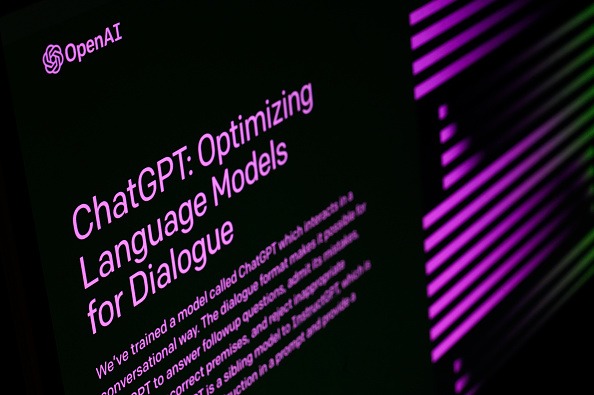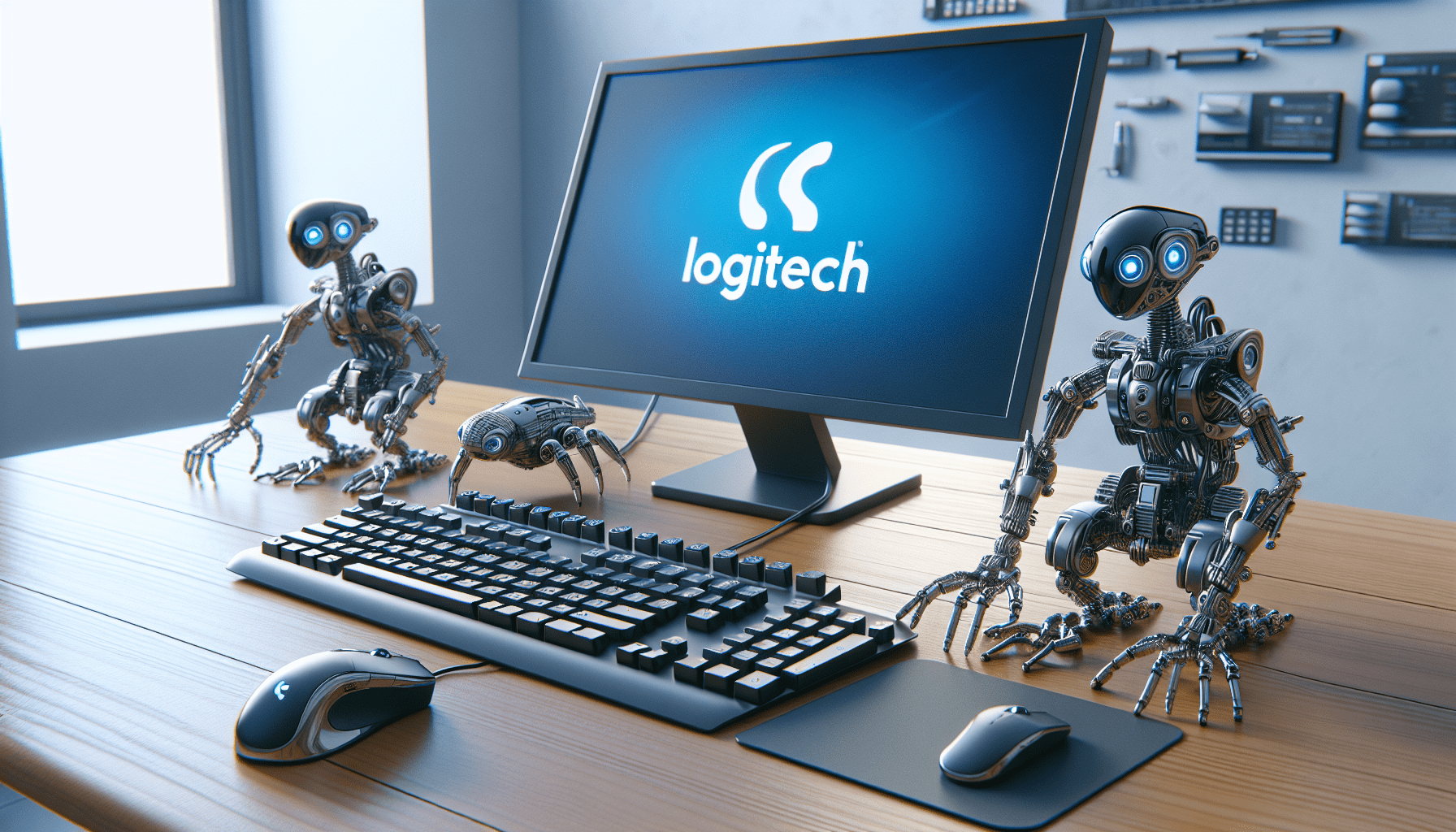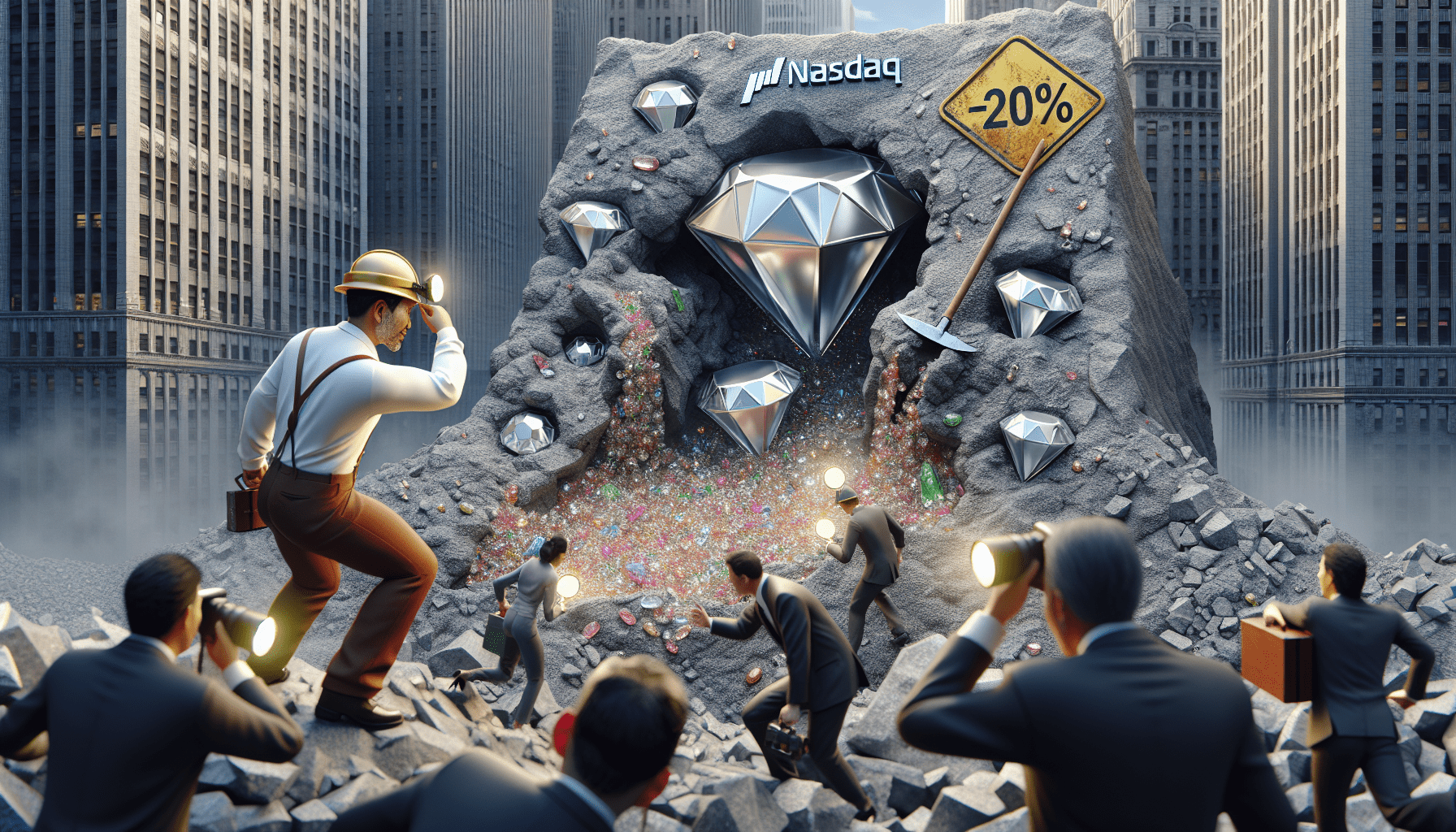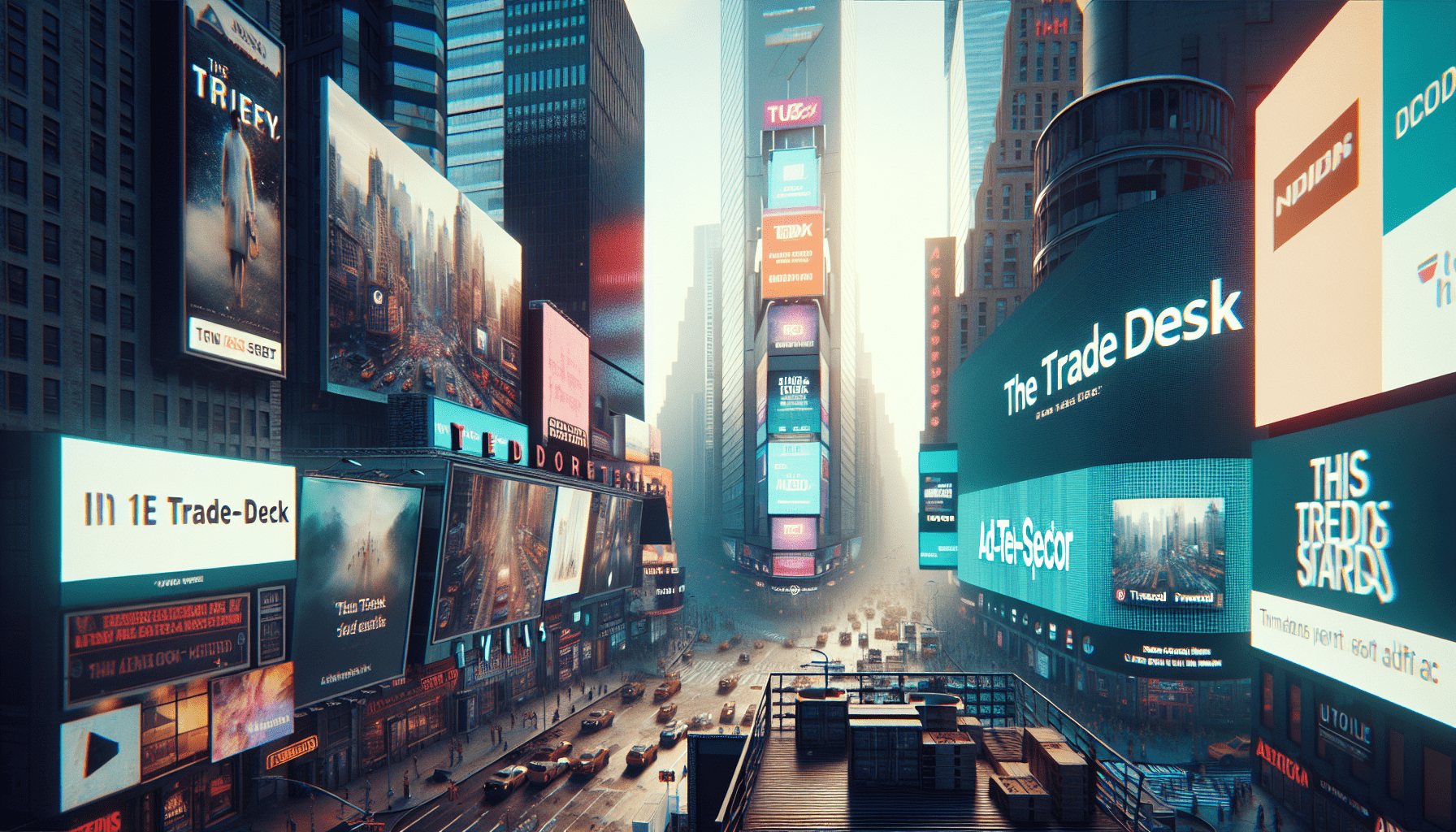AI Comes of Age
ChatGPT has pushed aside competing chatbots to capture the public’s imagination and usher in an era of widespread generative artificial intelligence. Wall Street is taking notice.

Computers can’t think yet, but they’ve come a big step closer with the introduction of ChatGPT.
It’s a revolutionary “chatbot” developed by the company OpenAI. And with something like 100 million active users just a couple of months after its launch, it’s arguably the fastest growing phenomenon in tech history.
By comparison, generating that much interest took TikTok nine months. Instagram needed two and half years.
For more on OpenAI, ChatGPT and the state of the artificial intelligence industry in general, pick up The Investor’s Guide to AI in the April issue of Luckbox. Better yet, subscribe to the digital edition for free at getluckbox.com.
For those who’ve already tested the platform, its runaway probably won’t come as much of a surprise.
Even veterans of the tech industry have been impressed—if not blown away—by the capabilities of ChatGPT. And keep in mind this is an early version. One can only imagine the capabilities of the next iterations.
How it works
In its current role as a chatbot, ChatGPT answers questions posed by users. Once it receives a query, ChatGPT taps into a neural network that’s been trained to respond to user-generated prompts.
A sample query might be as simple as “Who won the presidential election in 2008?” Or it might be as complex as “Explain the theory of relativity.”
In either case, ChatGPT formulates a surprisingly coherent—and in most cases accurate—response. Considering it already has legions of users, one can only imagine how diverse the queries have been, ranging from realistic to fantastical and everything in between.
ChatGPT is trained to formulate responses similar but not identical to existing data. That’s achieved through deep learning algorithms and neural networks, which are trained on large data pools.
Source: biblioracle.substack.com
Trading AI sector momentum
For investors, the arrival of ChatGPT has broad-based ramifications. OpenAI—the company behind ChatGPT—has not only taken the world by storm, but also Wall Street.
Less than two months after its release, Microsoft (MSFT) had apparently seen enough. On Jan. 23, the tech titan announced it was investing another $10 billion in OpenAI. That’s Microsoft’s third investment in the company since the beginning of 2019. On Feb. 7, Microsoft announced a new version of Bing that incorporates OpenAI’s technology.
While the companies haven’t announced details of the new partnership, reports indicate Microsoft intends to integrate ChatGPT with its search engine Bing. Earlier in January, Microsoft said its Azure cloud computing platform would be expanding its already established access to OpenAI technology.
Meanwhile, ChatGPT’s popularity has been growing quickly enough to raise concern on Wall Street that large established tech companies could end up on the losing end of a shake-up in the industry.
Nothing’s certain yet, but losers might include Alphabet (GOOGL), currently the “big kid on the block” when it comes to internet search.
Leaders at Alphabet reportedly floored the AI accelerator in response ChatGPT’s release. The company announced Feb. 6 that its own chatbot—known as “Bard A.I.” or simply “Bard”—will be available to the public soon.
The Alphabet platform springs from a large language model and is known as a “Language Model for Dialogue Applications,” or LaMDA. It’s unknown how Bard compares to ChatGPT in function, capabilities and refinement.
Management at Alphabet is apparently so concerned about the threat from ChatGPT that they’ve engaged the retired founders of the company—Larry Page and Sergey Brin—to advise on the effort.
The ripples from ChatGPT’s recent splash have also prompted Chinese tech giant Baidu (BIDU) to announce it’s preparing to release a chatbot similar to ChatGPT later this year. The company expects to integrate it into its internet search engine.
One publicly-traded company in the field of artificial intelligence—C3.ai (AI)—has seen its shares spike by more than 100% since the start of 2023—which probably wouldn’t have happened without the momentum ChatGPT provided.
Companies that manufacture the chips that drive the computing power behind artificial intelligence have also seen their fortunes rise in 2023.
For example, AI-focused chip producers like Nvidia (NVDA), Intel (INTC) and Applied Materials (AMAT) are up 45%, 13% and 24%, respectively, so far this year.
But investors should note that ChatGPT is by no means a finished product. It generates language that feels comprehensive and seems 100% accurate, but it often isn’t. Some of what it spits out turns out to be uncomfortably biased or just plain wrong.
Think of ChatGPT as still in its Beta phase, and remember nobody knows how long it may take before the application achieves an acceptable level of accuracy. That means potentially long lead times to incorporate ChatGPT— and systems like it—into search engines and other programs (like Bing and Office).
One certainty is chatbots like ChatGPT will continue to improve, perhaps at a startling pace.
To follow everything moving the markets—including the latest developments in the AI sector—monitor tastylive, weekdays from 7 a.m. to 4 p.m. CDT.
Sage Anderson is a pseudonym. He’s an experienced trader of equity derivatives and has managed volatility-based portfolios as a former prop trading firm employee. He’s not an employee of Luckbox, tastylive or any affiliated companies. Readers can direct questions about this blog or other trading-related subjects, to support@luckboxmagazine.com.



















